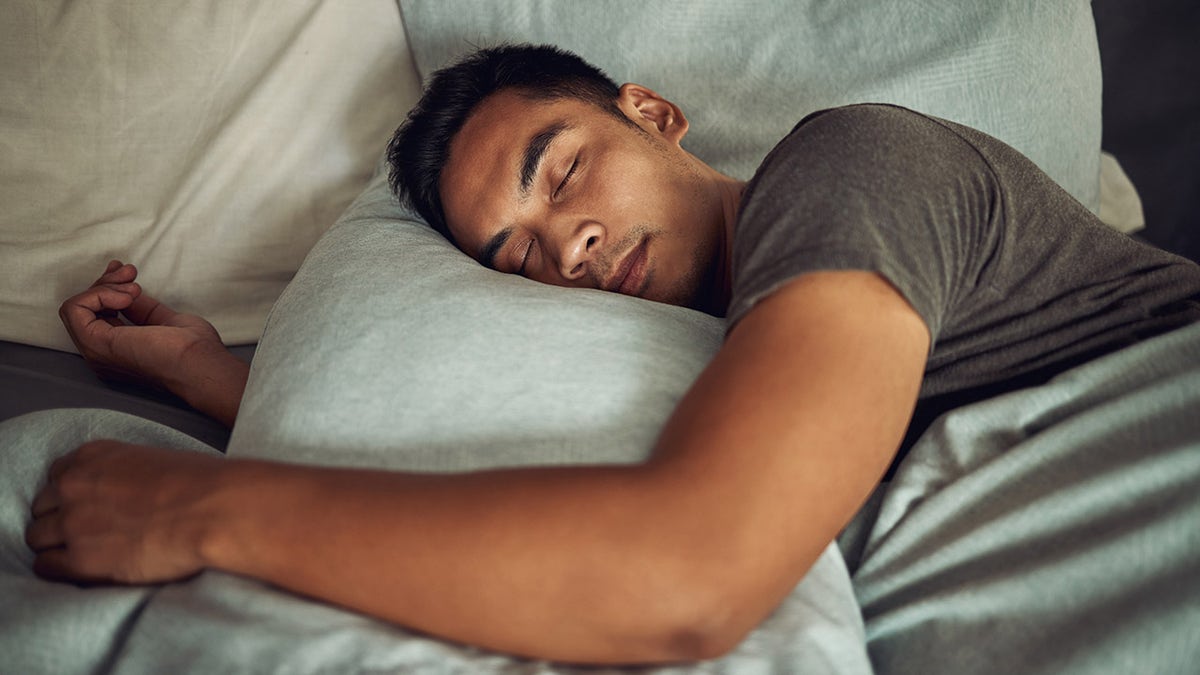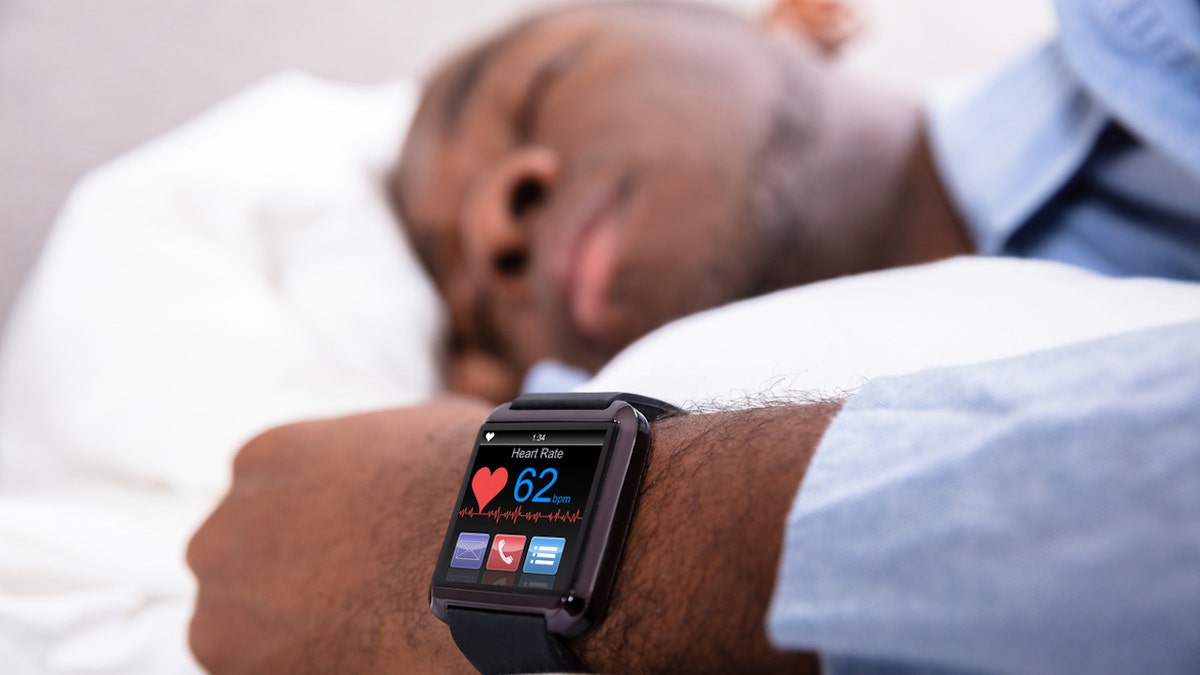Feeling sluggish at certain times? Your sleep chronotype might be the culprit. This refers to your body's natural sleep-wake cycle, influencing when you feel most alert and when you're ready for rest. Aligning your daily schedule with your chronotype can significantly enhance sleep quality and productivity, according to sleep experts.
There are four primary chronotypes: Lion, Bear, Wolf, and Dolphin, each mirroring the sleep patterns of their namesake animals. Factors like genetics, age, location, and your internal clock influence your chronotype, which in turn affects not only sleep but also appetite, exercise habits, and body temperature.

These chronotypes each have unique characteristics:
Lion
Early risers (around 6 a.m.), productive in the morning, and prefer an afternoon nap. Evening socializing might be challenging, with bedtime around 10 p.m. This group represents approximately 15% of the population.
Bear
Waking around 7 a.m., Bears thrive during standard work hours (10 a.m. to 2 p.m.) and enjoy evening activities. Bedtime is typically around 11 p.m., and this is the most common chronotype, comprising about 55% of individuals.

Wolf
Similar to "night owls," Wolves gain energy as the day progresses, preferring a midnight bedtime. Waking around 7:30 a.m., they are most productive between 1 p.m. and 5 p.m. This chronotype represents about 15% of people.
Dolphin
Often light sleepers with inconsistent sleep schedules, Dolphins wake around 6 a.m., are most productive from 3 p.m. to 7 p.m., and go to bed around 11 p.m. They are easily disturbed by light and noise and represent approximately 10% of individuals. Insomnia is common among Dolphins.

Discovering Your Chronotype
Consider your sleep habits, energy levels, and meal times to identify your chronotype. Online questionnaires like the Morning-Eveningness Questionnaire (MEQ), the Munich Chronotype Questionnaire (MCTQ), and the quiz at SleepDoctor.com can also help.
Tailoring Your Schedule
Once you know your chronotype, structure your day to maximize your peak energy periods. For example, Lions should schedule demanding tasks for the morning, while Wolves should reserve those for the afternoon. Dolphins benefit from a regular sleep schedule, even on weekends, and minimizing daytime naps and screen time before bed. Bears can enhance their energy by getting morning sunlight and taking a short afternoon nap if needed.


Regardless of your chronotype, aim for at least seven hours of sleep nightly for optimal health, as recommended by the American Academy of Sleep Medicine.








